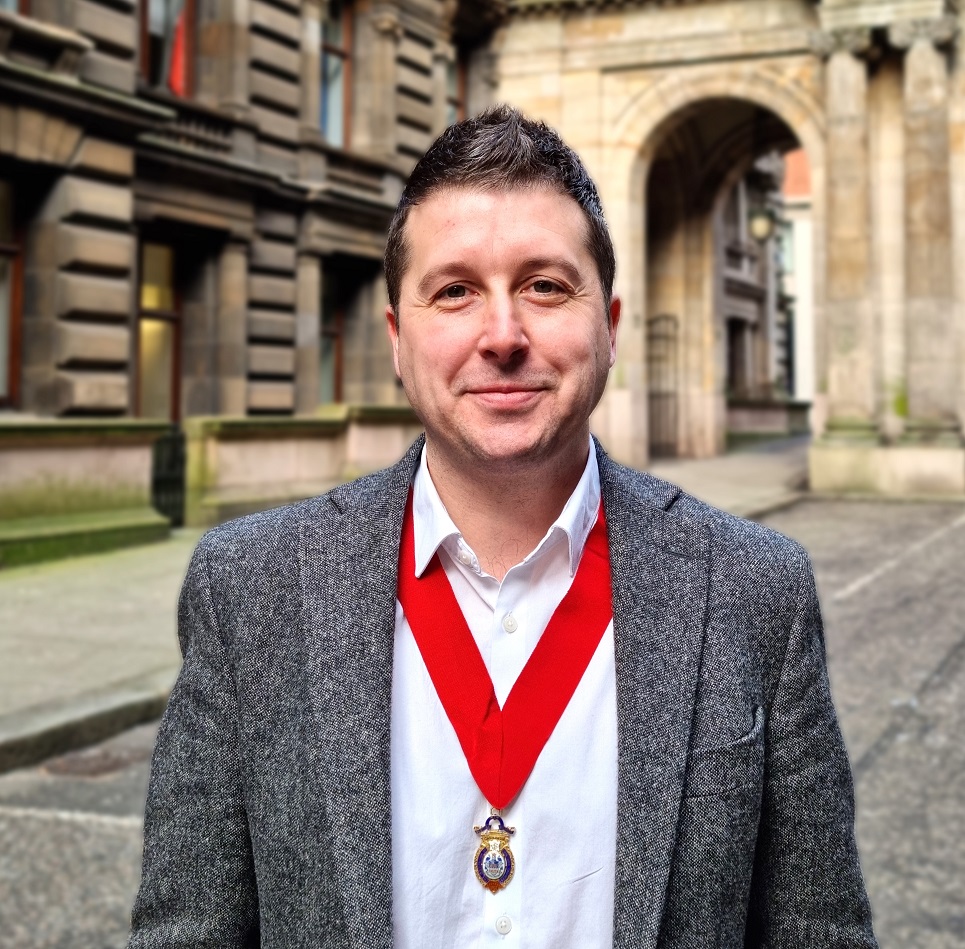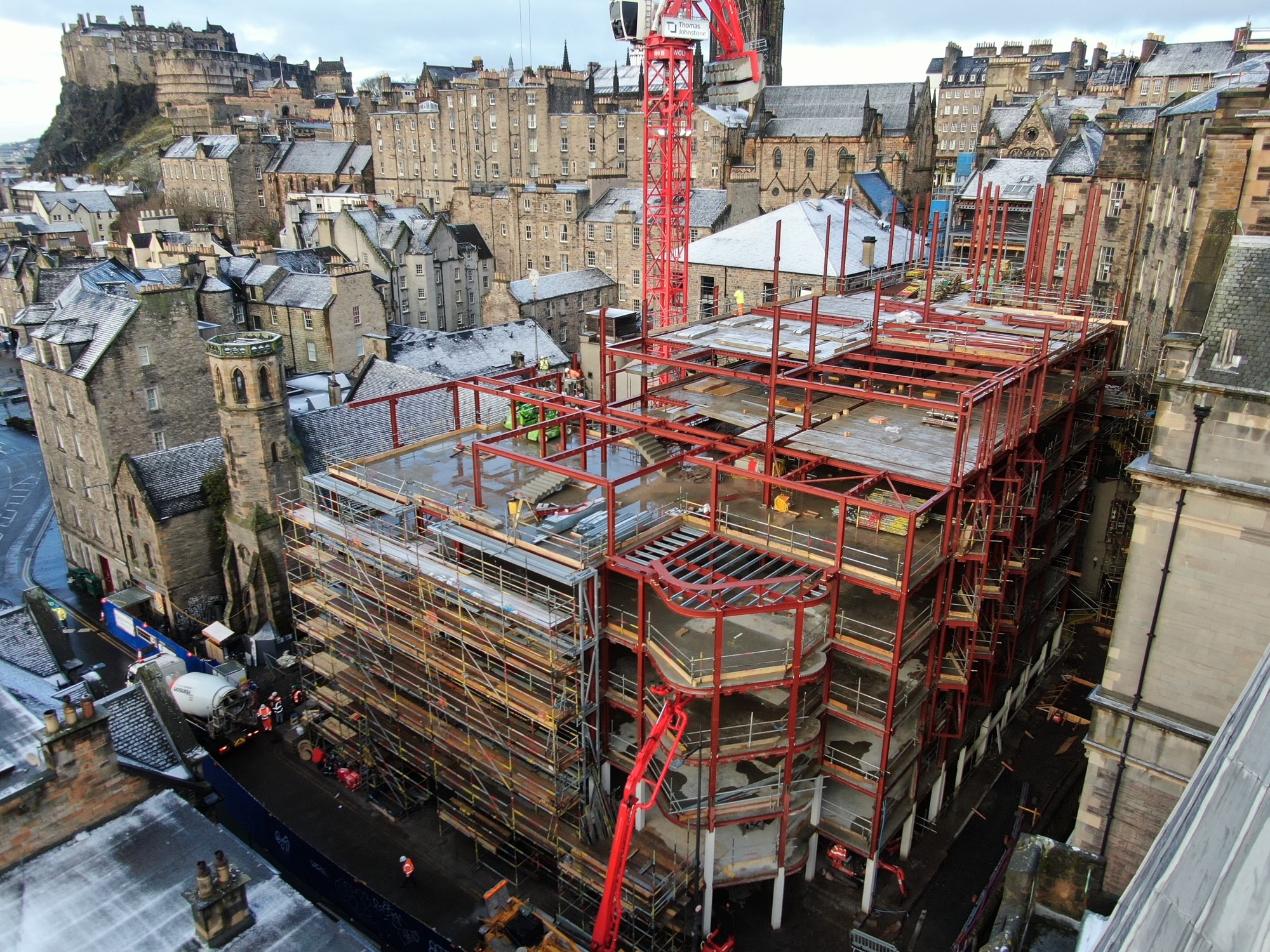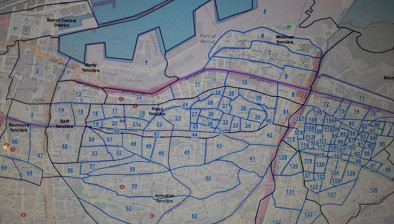Richard Campbell: Championing change & collaboration to tackle our climate emergency

Richard Campbell
Richard Campbell, the new chair of the Institution of Structural Engineers Scotland, highlights how structural engineering is assisting efforts to tackle the climate crisis.
Due to the combined understanding of the art and science of structural engineering, there have been many significant contributions to society over the years in the form of the different buildings we live, work, and play in every day.
Structural engineering remains at the forefront of progress with continued efforts to embrace material innovations and technological advancement. It is helping to combat one of the great challenges of our time - climate change. This is not just about the structure of new buildings but also about adapting existing structures to minimise impacts on the environment and enhance the useful life of our current building stock.
In Scotland in particular, where there is a rich architectural heritage, this will mean the restoration and retrofitting of older buildings, whilst also creating new buildings that will surpass the needs of the future. It takes engineering flair and ingenuity to convert a listed Victorian building into a modern flexible space, fit for the future, whilst ensuring sensitive alterations to maintain as much of the original architectural intent as possible.
The new India Buildings Virgin Hotel in Edinburgh, a project I recently worked on with Will Rudd, is a prime example of this. Here our engineering solutions helped restore and extend the useful life of several existing listed buildings, whilst also creating a new-build element on a tight constrained gap site. Doing this allows for our heritage to be safeguarded without losing the benefits of the embodied carbon in the existing buildings if they were demolished.
Climate change is just one issue challenging our industry, alongside structural engineering safety. Both are important. That’s why the Institution of Structural Engineers (IStructE) treats sustainability and the climate emergency with equal importance to life safety.

The new India Buildings Virgin Hotel in Edinburgh (Image credit: BSB Steel)
To overcome these challenges, and others, there will need to be industry-led change and leadership from organisations like IStructE, which along with the wider industry needs to be champions of change. Structural engineering has a huge part to play in transforming the way we live; informing government policy, creating new ways of reducing carbon in construction and designing buildings that can deal with the climate emergency. Only joined-up thinking from across industry will achieve this.
Collaborating across the construction and property sectors is vital. Solutions for buildings affected by RAAC exemplify the efficacy of such partnerships. A cross-disciplinary approach will foster innovation, prevent future issues, and enable continuous professional growth amid rapid technological advancements and new material innovation.
This would also help to ensure continuous professional development in our industry. Without this, we could not push boundaries and achieve change. As the professional custodian for structural engineering, IStructE is at the forefront of this and creates communities of technical excellence. Whether you are a fresh graduate or a seasoned chartered engineer, there is always something new to learn. Without continuous improvement, we will not be able to grasp the opportunities that the low carbon transition is bringing. Missing this chance would be detrimental to the environment, but also to the Scottish economy.
Beyond the usual technical problem solving of delivering new buildings and structures, structural engineering’s contemporary relevance is in creatively combating climate change. As Scotland strides to carbon neutrality this importance will only grow. Yet, challenges will persist, and we must continue to move forward to overcome them. Embracing multi-disciplinary collaboration promises better solutions. Nurturing professional growth and keeping up with technological leaps will put them into practice.
Structural engineers have redefined skylines for millennia, but forging a sustainable path ahead will be the great challenge of our time. IStructE leadership is pivotal in charting this transformative course.
IStructE produces a wide range of resources for members and non-members alike here.
- Richard Campbell is the new chair of the Institution of Structural Engineers Scotland, and director at Will Rudd Glasgow. An adapted version of this first appeared in the Scotsman last week.

















